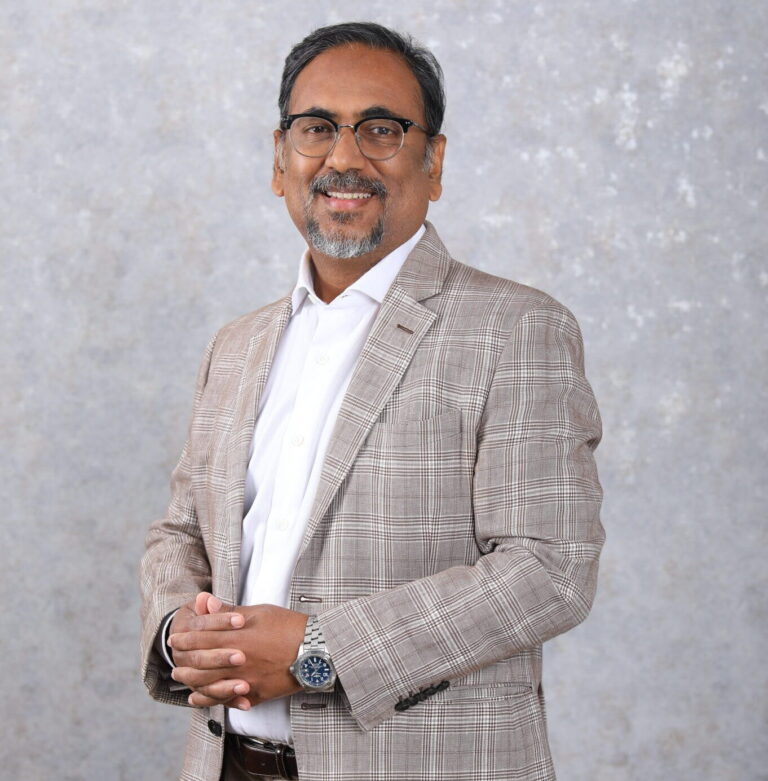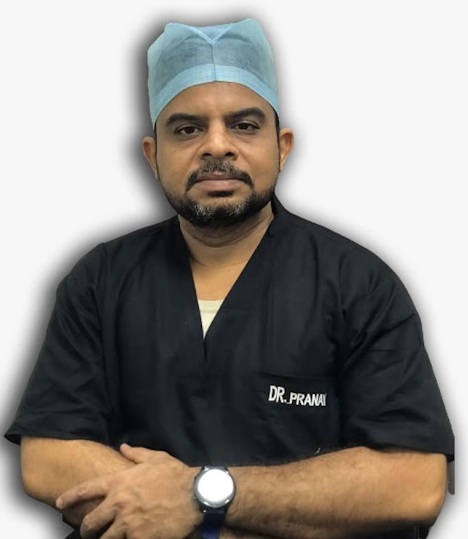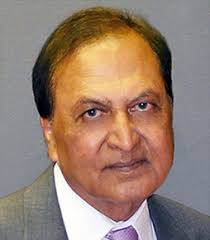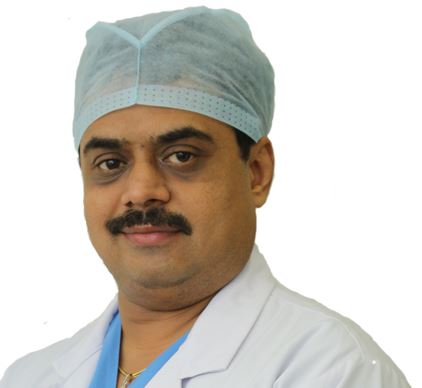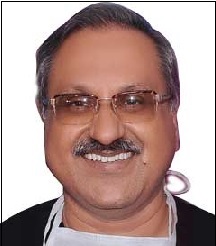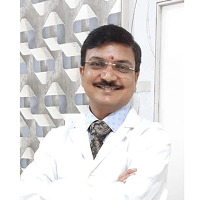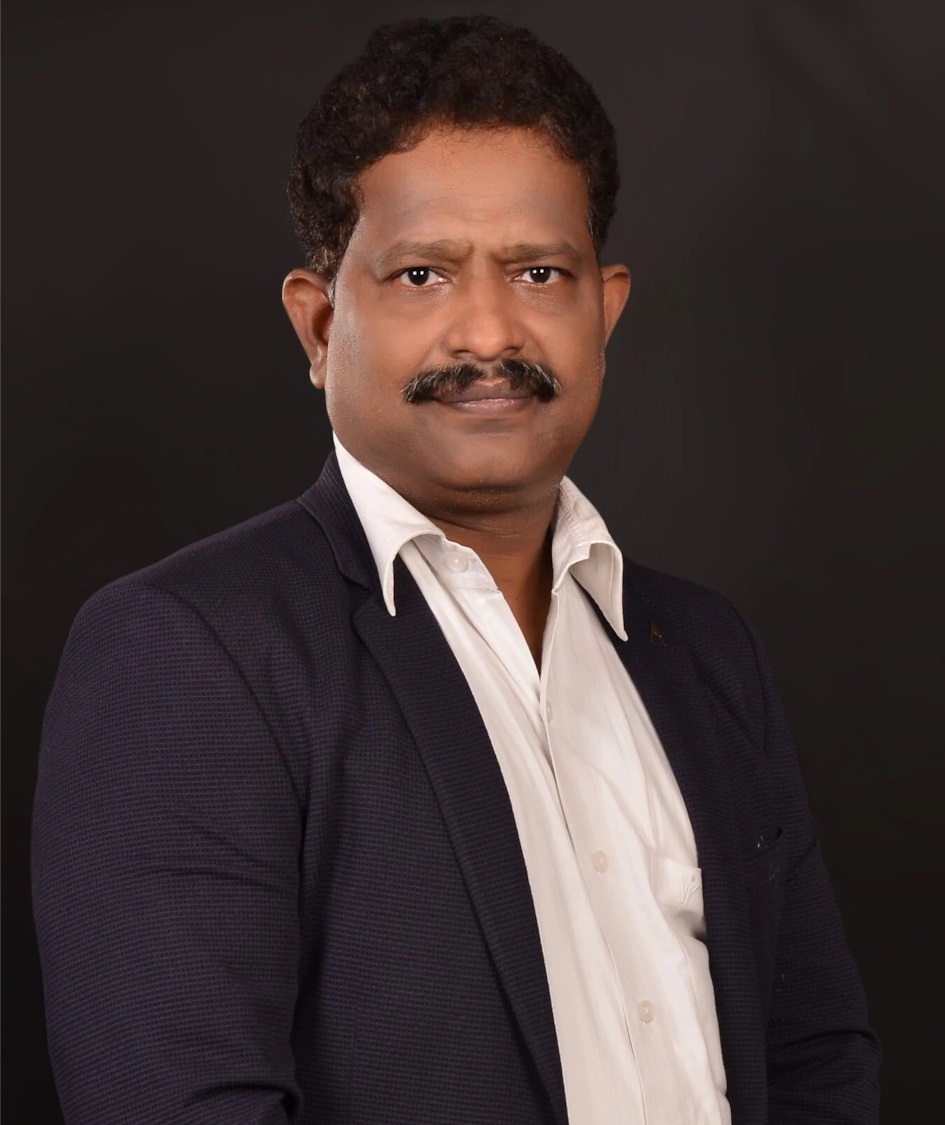Accentuate the appearance of your jaw with Chin Surgery
Chin surgery, also known as Genioplasty or Mentoplasty, reshapes the chin through chin augmentation or chin reduction procedures. Plastic surgeon often perform it as a cosmetic surgery procedure for those who are unsatisfied with the way their chin looks.
Through chin surgery, it becomes possible to correct the lower jaw and the chin to complement the rest of facial features. To be precise, it can help to:
• Move the chin backward.
• Push the chin forward.
• Change the chin size by moving it upward to downward.
• Improve the structure of the look by making it look symmetrical.
Find a Plastic Surgeon in Your Area
Find Top Surgeons in India by Procedure
Find the Cost of a Procedure
These corrections sometimes compensate for a pointy nose or a flabby neck. One can undergo Chin surgery in combination with Rhinoplasty (nose surgery) or a forehead lift procedure.
How to Get Ready for Chin Surgery?
Right Candidate for Chin Surgery
After you have decided to go for chin surgery, the plastic surgeon will examine you physically. She will go through your medical history and current medical conditions to decide if you are the right candidate for the chin surgery. If you are suffering from any medical condition then after controlling medical condition only the plastic surgeon will allow you to proceed with cosmetic surgery.
During Consultation with Plastic surgeon
If you are a non-smoker and have good health, then you are good to go for the chin surgery. The plastic surgeon may ask you to take some X-ray or CT scan and several other tests to check the internal condition of the chin.
It is essential to discuss your expectations with your plastic surgeon during the consultation. If you had ever hurt your chin in your life or had any other minor or major surgeries, it is important to communicate it to the surgeon.
Depending on the results, you want you to see, the surgeon may recommend other surgeries in addition to the chin surgery as well. For example, if you are going for chin surgery to get rid of your double chin and to restructure your jawline, the surgeon may recommend facelift or liposuction along with Genioplasty to get the best results.

After considering all these factors, the surgeon will recommend the best course of treatment and surgery.
• If you are a smoker, the surgeon will ask you to quit smoking for at least six weeks before the surgery and for some time after too.
• He may also provide some modifications to the medicines you have been taking, like the anti-inflammatory drugs.
The surgeon will discuss the kind of chin surgery suitable for you – Sliding Genioplasty or using chin implants. In case of choosing implants, the surgeon will decide the size and shape of the chin implants in consultation with you before the surgery.
How Is the Chin Surgery Performed?
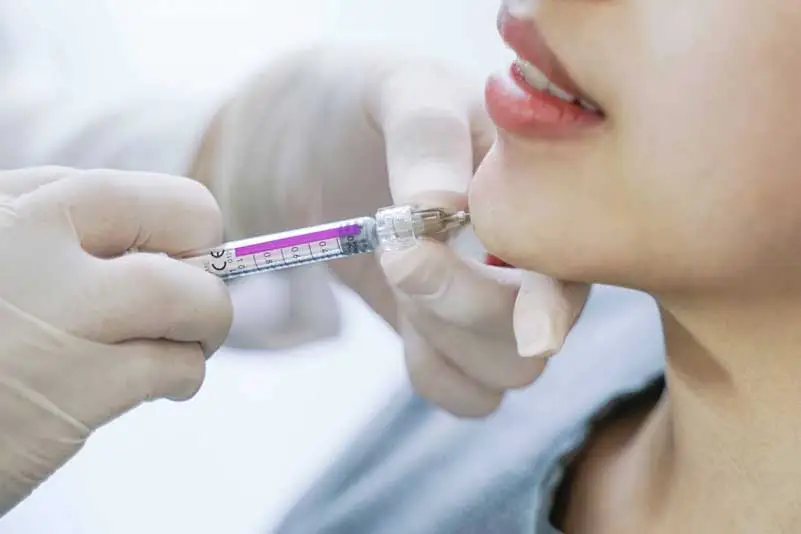
On the day of the surgery, you will be administered local or general anesthesia. This surgery is generally performed as an outpatient procedure so you can leave for your home on the same day.
The procedures for Sliding Genioplasty and chin surgery using implants are different.
Sliding Genioplasty
This surgery is used for correcting longer and big chins. Besides, it is also effective for correcting chins that are present much backwards.
For any kind of modifications with Sliding Genioplasty, the surgeon makes a cut inside your mouth – on the lowermost part of the gum of your lower teeth. He will make another cut along the chin bone and move it either forward or backward.
Sometimes the surgeon may shave off a little part of your bone to create a better proportionate chin. Once the chin is set in place according to the requirements, it may be set in place with plates and screws and the incision will be stitched back.
Using Chin Implants
Usually, chin implants are suitable to improve the length of the chin or to move the chin forward. They can also change the shape of the chin and make it symmetrical with the rest of the face.
For chin implants, silicone or teflon made implants are best to use. The procedure requires creating an incision inside the mouth or under the chin of the patient. Next, the surgeon will place the chin implants inside the chin and further it fix it with suture or screws to chin bone. Skin incision is stitched back.
After both the procedures – Sliding Genioplasty and using chin implants – the surgeon may use compression tapes on the chin to help fast healing.
How Should You Take Care of Your Chin after Chin Surgery?
• The surgeon may prescribe some antibiotics and painkiller medications for a few days to reduce the pain and to prevent infection.
• You should only consume a liquid or soft diet for about two weeks after the surgery.
• The surgeon will remove the dressing and the compression tape within a week after checking the improvements.
• You should keep your mouth clean at all times. It is best to wash your mouth after every meal with water and some antiseptic oral liquid.
• Don’t engage in any heavy physical work or any kind of exercises for two weeks. You can start with small exercises after two weeks on the approval of the surgeon.
• It is wise to stay away from heavy exercises or outdoor sports for about four to six months after the surgery.
• The redness and swelling will generally go away in a week or two.
Be careful with your chin, at least until the operated chin bone has grown back. Avoid any activities that could probably end up with you falling or hitting on the chin.
If you feel extreme pain, notice any protrusion in the chin or any kind of liquid coming out from the operated area, contact your surgeon immediately. The overall procedure can improve your visual appearance significantly. Still, you should have realistic expressions and must follow aftercare instructions to retain the surgery results for the lifetime.
our surgeons:


